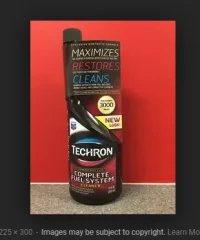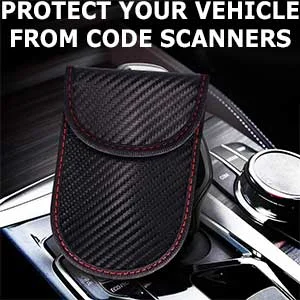The immediate thing that jumped out at me is that the spokesperson has a background in motorsports (NASCAR specifically). The reason that this is important is that most of his views related to engine oil center around either his experience with NASCAR engine building and analysis and his desire to sell his product. What may be a problem in a NASCAR engine running 8500rpm for 4-5 hours straight, may not be a problem for a consumer engine.
I think that he exaggerates the oil's ability to influence engine knock. I think he exaggerates how much difference there is between port injected engines and DI engines with respect to oil. I think that he exaggerates the extent to which oil and gas mix during the combustion process in a normal and well functioning engine. I think he exaggerates the "soot" point in comparing DI to PI engines. Lastly, I think he exaggerates all of these points to make them seem like problems. Not surprisingly, his product is the solution to these problems.
Most of the "soot" you seen in a gasoline car simply comes from a rich running engine. The manufacture's choose to run rich because it runs cooler (less knock) and it is safer than running lean or hot. It has little to do with the fuel injection method.
Fuel dilution (of engine oil) happens in EVERY engine, not just DI engines. It is hardly a new problem and most modern motor oils (Castrol, Pennzoil, Mobil, Valvolene, etc.) have additives to combat fuel dilution. The most common cause is "blow-by" due to improperly seated or worn piston rings. There are other causes but that is the main one. Some oils do a better job of tolerating fuel dilution and some engines don't dilute as much by design. DI engines are less prone to fuel dilution because of how and when the fuel is injected into the cylinder. The salesperson, I mean spokesperson, failed to mention this. If you are running E85, a shorter change interval makes more sense than changing the viscosity when considering normal levels of fuel dilution.
The spokesperson also made no mention of the differences between DI and FI when speaking of fuel atomizing. The reason DI engines have a shorter fuel atomizing time is because most DI fuel systems operate at MUCH higher pressures (<2000psi) with finer nozzles to atomize the fuel. It simply requires less time to atomize fuel in a DI engine.
I have no idea why the spokesperson mentions the octane of engine oil. If you are burning enough oil during the combustion process that it affects your octane level significantly, then you have a bigger engine problem. The levels of fuel dilution and engine oil in the combustion process he talks about would be indicative of a highly worn engine, not one that passes a leak-down test.
Lastly, strongly consider the source when someone tells you that you have a problem. If it is the person selling the solution, be weary and look a little deeper into their claims.




